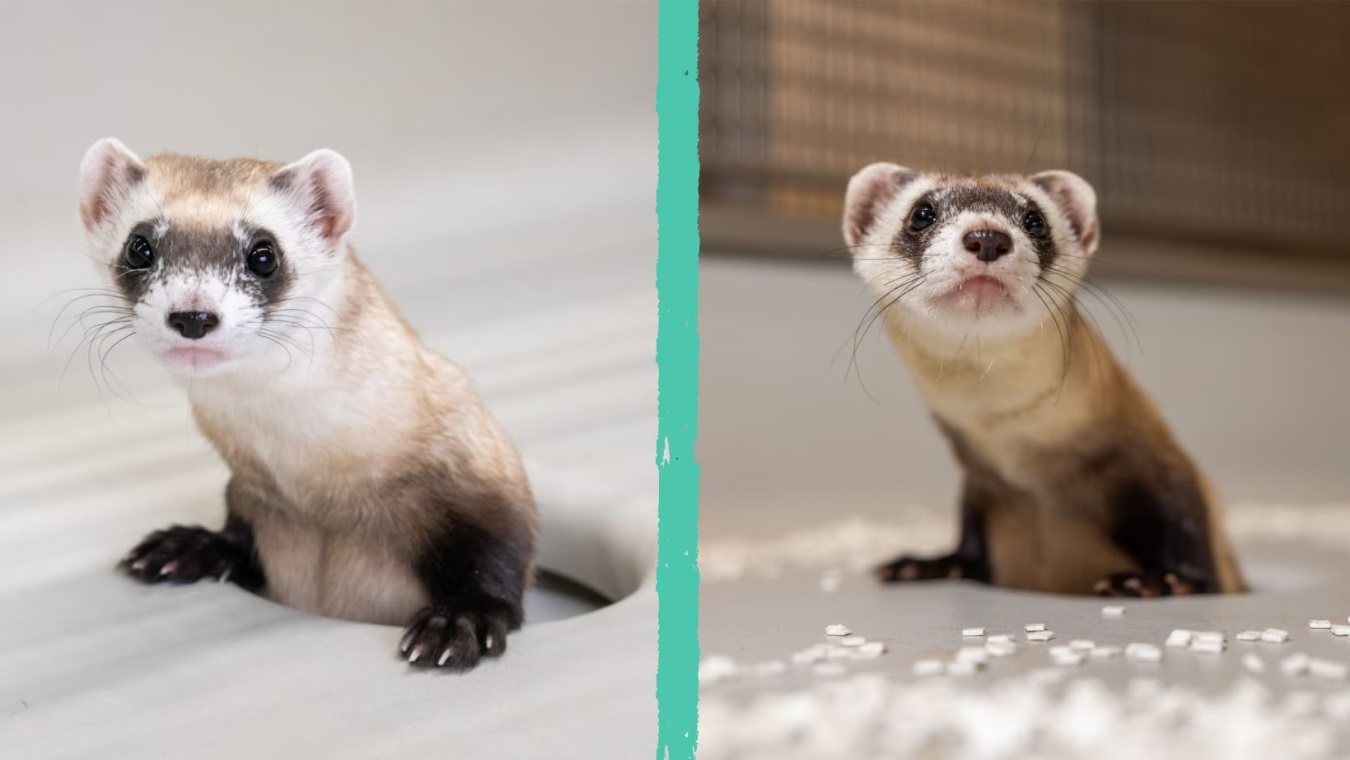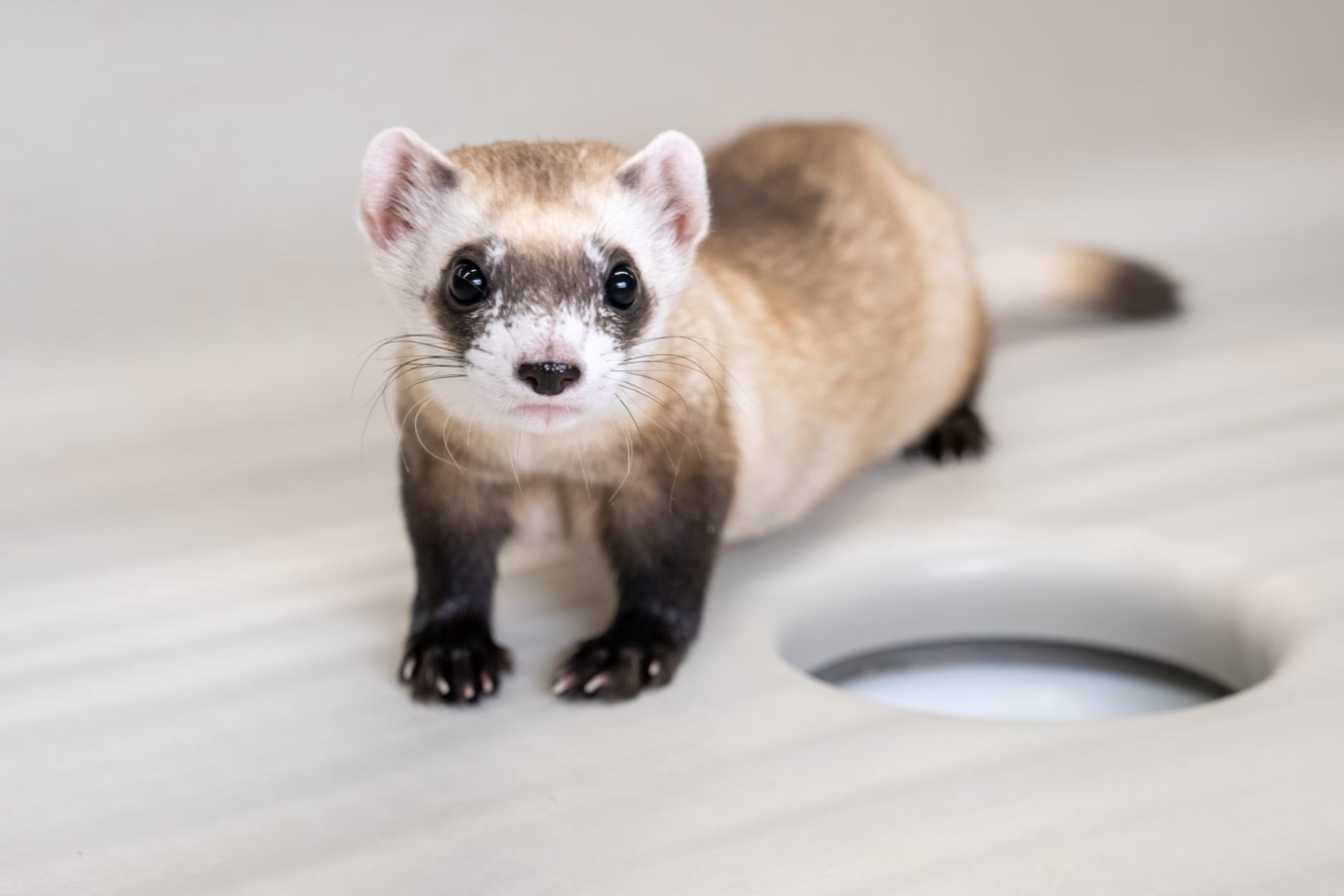The black-footed ferrets were cloned because theirs is a species at risk of extinction, these are Noreen and Antonia. All the hopes of science are now directed towards them
The effort to save endangered species has reached a remarkable new chapter. Noreen e Antoniadue black-footed ferretsrepresent not only a triumph of science, but also a new hope for their species, on the brink of extinction. The journey to save the black-footed ferret, which once roamed abundantly in central North America, has seen a dramatic decline since the 1970s, until it was considered virtually extinct by the 1980s. However, a fortuitous discovery in 1981 rekindled hopes for the survival of the species. In a last-ditch conservation effort, captured individuals were placed in captive breeding programs. Among these Willa, whose genetic inheritance has left us an unexpected gift. Although she failed to reproduce in her lifetime, her DNA was preserved and used decades later for a revolutionary feat: cloning.


Noreen and Antonia: cloned ferrets and symbol of a species to be saved
The two ferrets are the direct result of this initiative. Born from the same genetic source as Elizabeth Ann, the first ferret cloned in 2020, these two newcomers are preparing to play a crucial role in conservation efforts. He hopes that their arrival will introduce new genetic diversity in the captive ferret population. A necessary hope to combat the risks of inbreeding and disease. The entire project is the result of collaboration between various entities, including the U.S. Fish and Wildlife Service and the Revive & Restore. Working together for over a decade, they have made this advance in conservation through biotechnology possible.
Not, Antonia is located at Smithsonian’s National Zoo & Conservation Biology Institute in Virginia, while Noreen lives in Colorado. Both are well and are preparing to contribute, as hoped, to the rebirth of their species. Antonia and Noreen are symbols of the possibility of a future where science and conservation meet to challenge the fate of entire species. Thanks to these advances, new generations of black-footed ferrets may one day not know the boundaries of a protected habitat, but run free like their ancestors.
Continue reading techgameworld.com so you don't miss the latest science-themed content, but not only that. Follow all the updates!
















Leave a Reply
View Comments